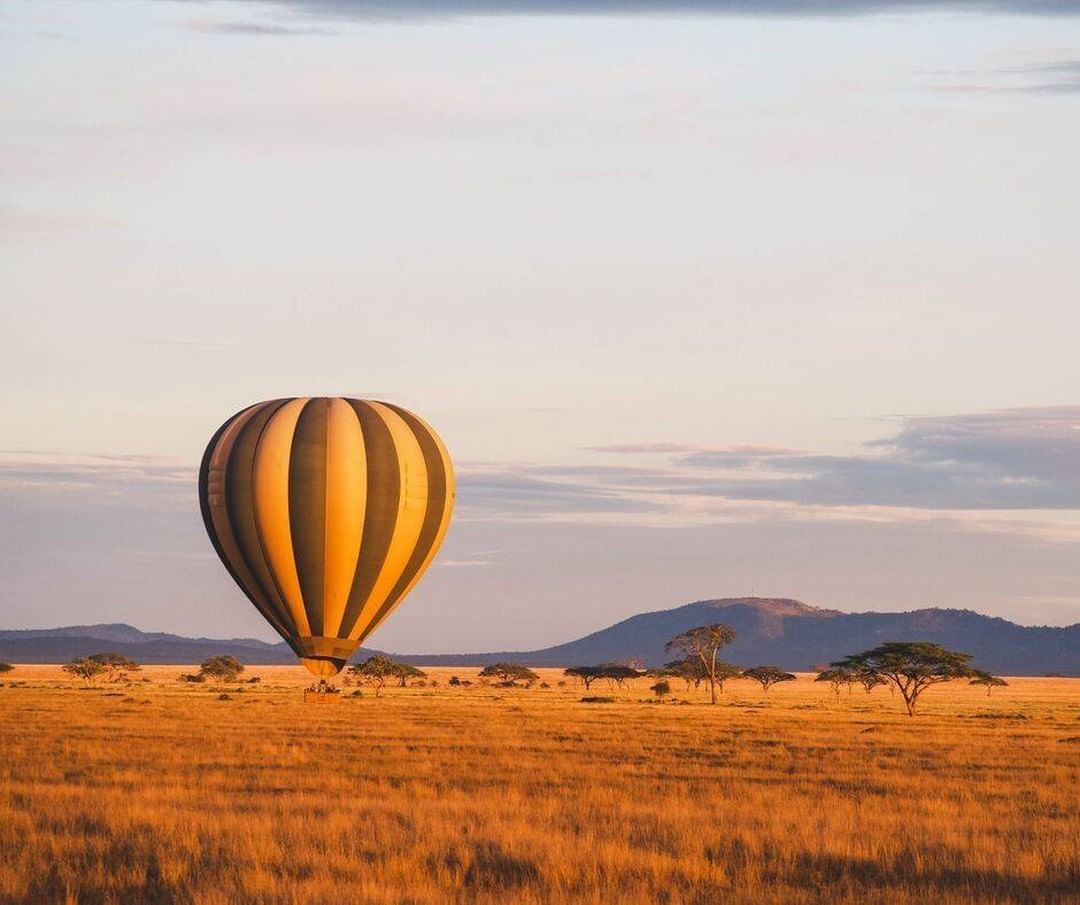Tanzania Travel Info
Travel Advice To Visit In Tanzania
Travel Advice To Visit In Tanzania
A Tanzania Safari Tour begins with good planning, and knowing the basics makes all the difference. This guide includes useful tips on visas, health, safety, currency, and climate. It’s everything you need for a smooth and well-prepared journey through Tanzania.
Kilimanjaro International Airport (JRO), situated less than a 50-minute drive from both Arusha and Moshi in northern Tanzania, is well-connected by several international airlines, including KLM Royal Dutch Airlines, Qatar Airways, Turkish Airlines, Kenya Airways, and Ethiopian Airlines. These carriers also operate flights to Dar es Salaam. Travelers heading to Tanzania’s southern parks, coastal areas, or Zanzibar can conveniently use Julius Nyerere International Airport (JNIA), formerly known as Dar es Salaam International Airport, which is served by numerous international airlines.
Zanzibar has become a prominent travel destination and is also accessible via international flights. For those combining visits to both Kenya and Tanzania, Jomo Kenyatta International Airport (JKIA) in Nairobi offers daily connections to Kilimanjaro (JRO), Dar es Salaam (JNIA), and Zanzibar. Additionally, for visitors who prefer traveling by road from Nairobi to the northern game parks of Tanzania, African Overland can arrange comfortable and reliable overland transfers.
Tanzania has a well-established network of daily scheduled domestic flights that connect major tourist hubs to various destinations across the country. These include key attractions such as the renowned national parks and game reserves, as well as the idyllic islands of Zanzibar, Pemba, and Mafia. These flights offer a fast and convenient alternative to long road journeys, especially for travelers on tight schedules.
African Overland maintains strong partnerships with several reputable local airlines that operate both scheduled and charter flights. These collaborations help ensure stable and competitive pricing for our clients, minimizing the impact of seasonal fluctuations in airfare.
Most major towns and national parks in Tanzania are served by local airstrips, which are regularly accessed by small aircraft. This makes even the most remote safari locations easily reachable by air, enhancing the overall travel experience with added comfort and efficiency.
Whether you’re planning a visit to the Serengeti, Ngorongoro Crater, Selous, Ruaha, or flying to the spice islands off the coast, domestic air travel offers a reliable and time-saving option to explore the best that Tanzania has to offer.
All travelers entering Tanzania must have a valid passport and either a return or onward ticket. In addition, most visitors are required to obtain an entry or re-entry visa before arrival. However, nationals from certain Commonwealth countries and a number of other designated nations are exempt from visa requirements—this exemption is based on Tanzania’s visa policy.
Visas can be conveniently obtained in several ways. Travelers may apply online through the official Tanzania Immigration Department e-visa portal before their trip. Alternatively, visas are available at Tanzanian embassies and consulates worldwide. For added convenience, tourists may also acquire a visa on arrival at key entry points, including major international airports (such as Kilimanjaro International Airport and Julius Nyerere International Airport), sea ports, and selected land border crossings.
It is recommended that travelers check the most current visa requirements prior to departure, as regulations may change. Additionally, visitors are encouraged to ensure their passports are valid for at least six months from the date of entry and contain sufficient blank pages for visa stamps.
Travelers arriving in Tanzania from countries where yellow fever is considered endemic, or those transiting through such countries, are required to present a valid yellow fever vaccination certificate upon entry. This is a mandatory health regulation aimed at preventing the spread of the disease within the country.
In addition to yellow fever precautions, visitors are strongly advised to take preventive measures against malaria. These include taking prescribed anti-malarial medication before, during, and after their trip, as recommended by a healthcare professional. It is also important to use mosquito protection measures such as sleeping under mosquito nets—commonly provided in most accommodations—and applying insect repellent or sprays, particularly in the evenings when mosquitoes are most active.
Furthermore, travelers are encouraged to secure comprehensive travel insurance before departure. A good insurance policy should cover medical expenses, emergency evacuations, trip cancellations, loss of luggage, and other unforeseen circumstances. Having adequate travel insurance ensures peace of mind and support in case of medical or travel-related emergencies during your stay in Tanzania.
Tanzania is a top destination for its stunning landscapes, including the Serengeti and Mount Kilimanjaro. With diverse wildlife safaris, pristine beaches on Zanzibar, and rich cultural experiences, it offers a unique and unforgettable adventure for every traveller.
Spot the Big Five in Tanzania's iconic parks
Explore the wilderness on foot with expert guides.
Enjoy panoramic views of wildlife from above.
Experience the thrill of nocturnal wildlife.
Spot the Big Five in Tanzania’s iconic parks.
Explore the wilderness on foot with expert guides.
Enjoy panoramic views of wildlife from above.
Experience the thrill of nocturnal wildlife.
Me and my friends had amazing safari tour with African overland. Their attention to detailed and expert knowledge truly made our trip unforgettable.
USA
I love the whole staff team of African Overland, I enjoy the view and safari was so perfect.from Safari and whole programs i appreciate everything, i recommend to everyone wish to travel to Tanzania
USA
Planned 2 years ago and it was difficult to get the way to Tanzania, I spoke with many agents but I made a choice to Africa overland, and they made my journey so easy and remarkable. Fantastic.
UK
We booked our safari in a very short time period..about 1 our 2 weeks before..But Johnmade a great effort for us and arranged precisely what we wanted..And the price..very affordable.
USA








Africa is often associated with safari, African Overland has unrivalled credentials and expertise when it comes to organizing an African Safari.
Copy @2026 African Overland, All Rights Reserved Safari Marketing Pro